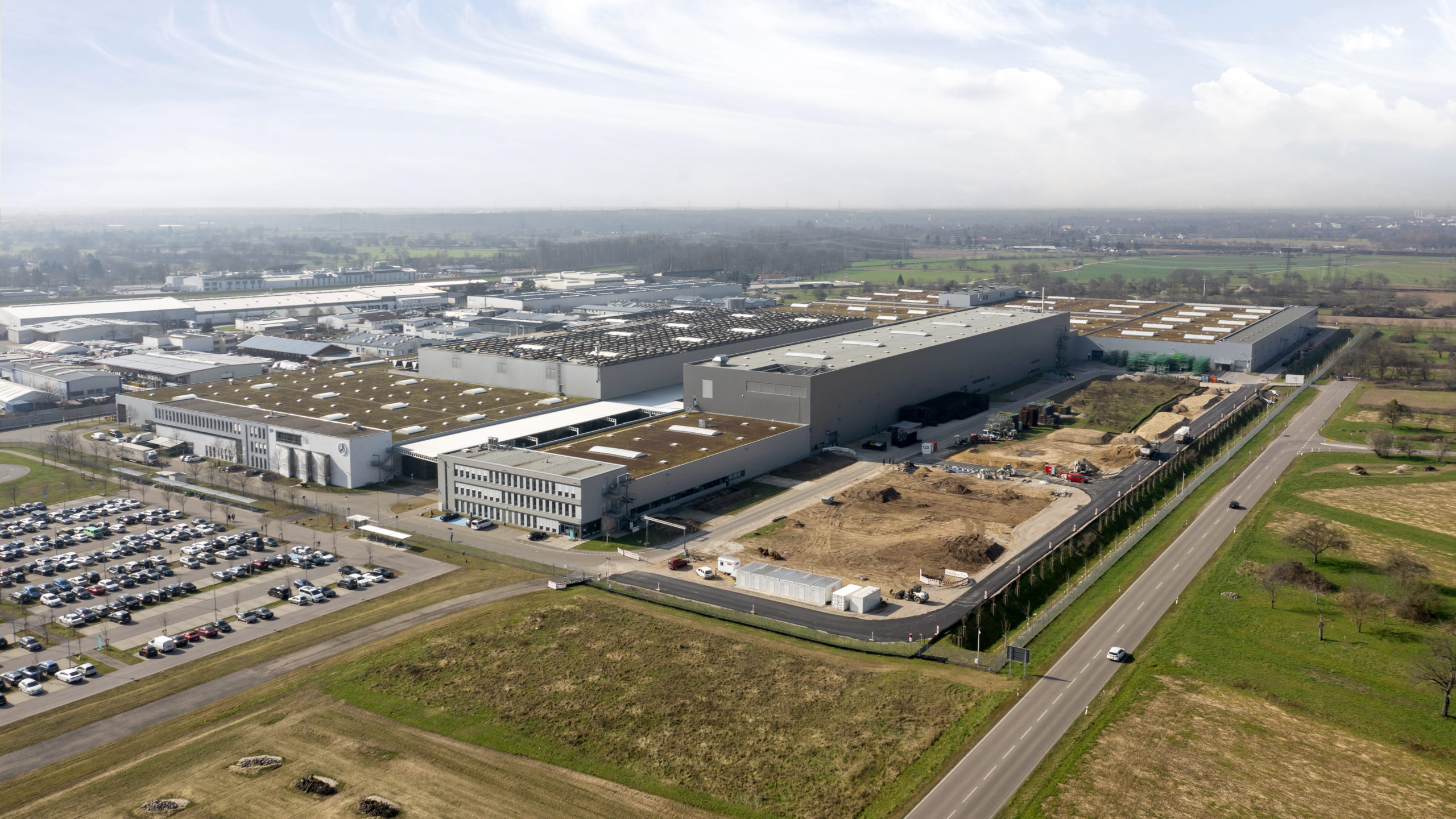
Mercedes starts construction of first battery recycling plant

Mercedes Kuppenheim is the first battery recycling factory in Europe where all processes will be included in-house /Mercedes.
Following its plan to start recycling electric vehicle lithium-ion battery systems this year, Mercedes has laid the first brick of its dedic


Comments
Ready to join the conversation?
You must be an active subscriber to leave a comment.
Subscribe Today